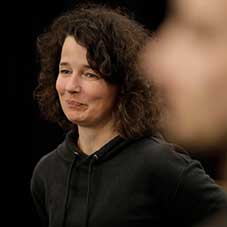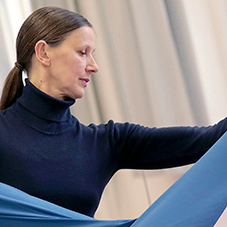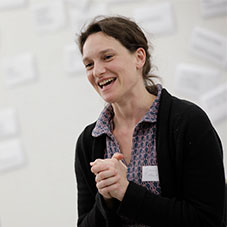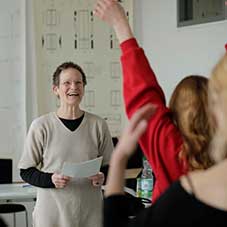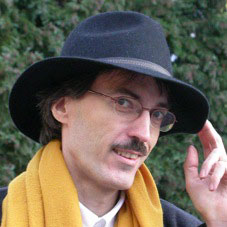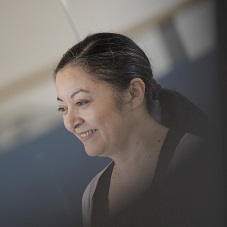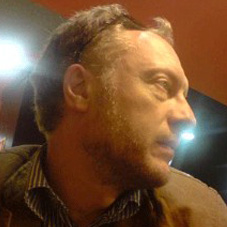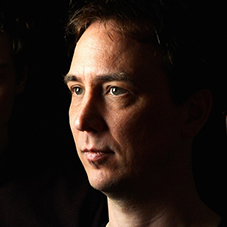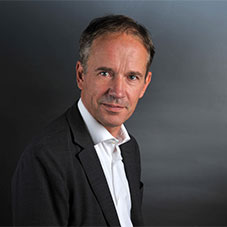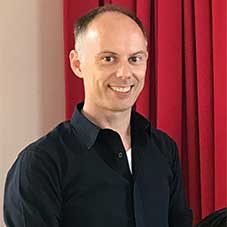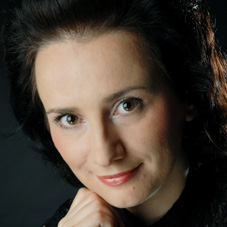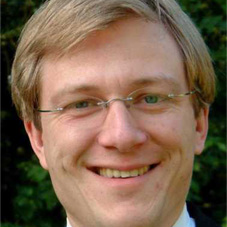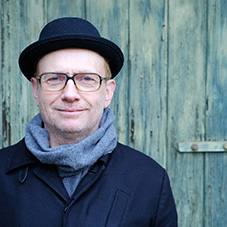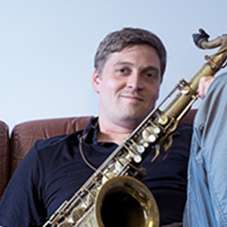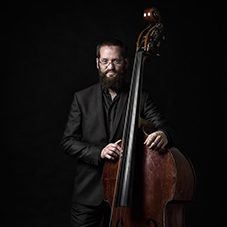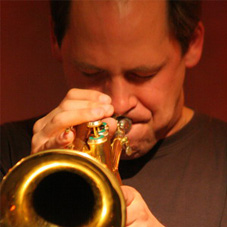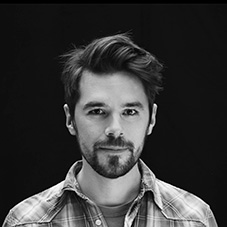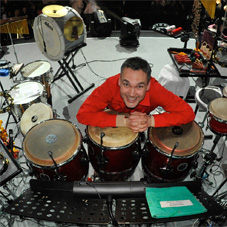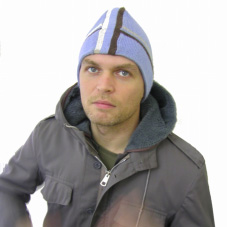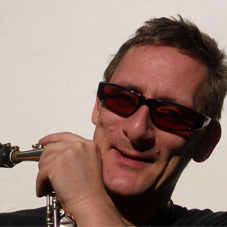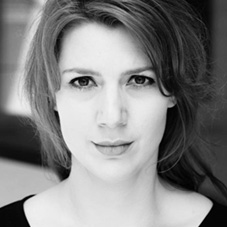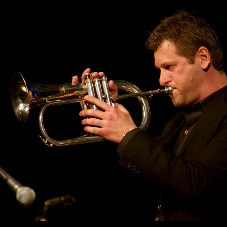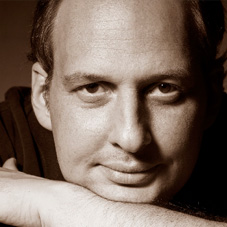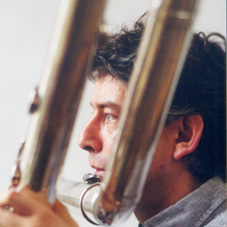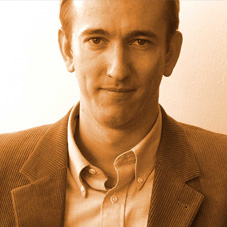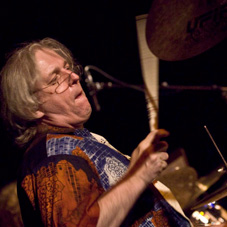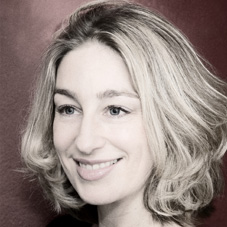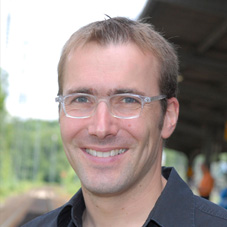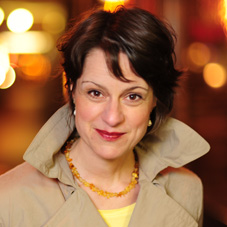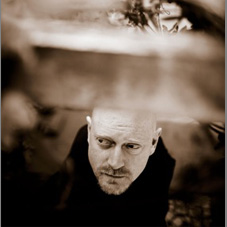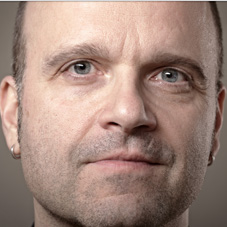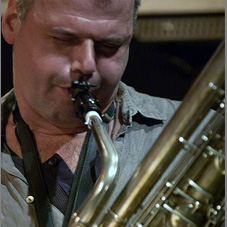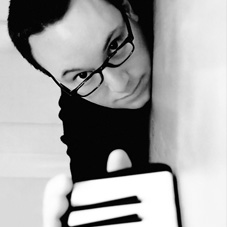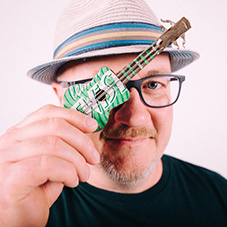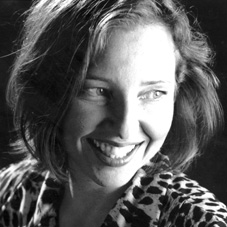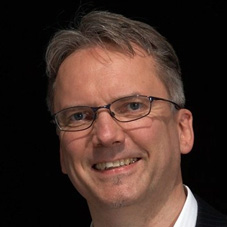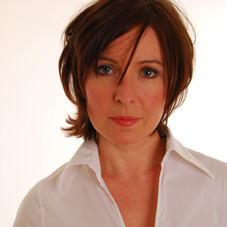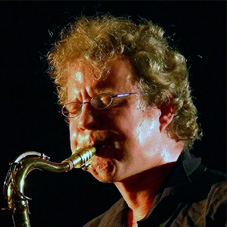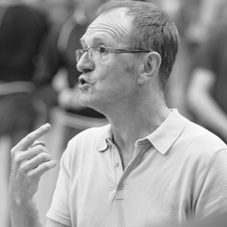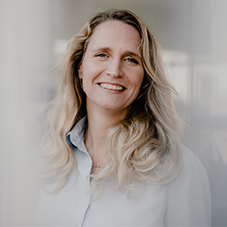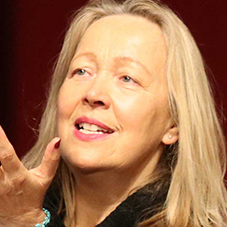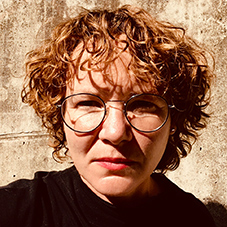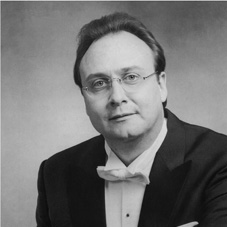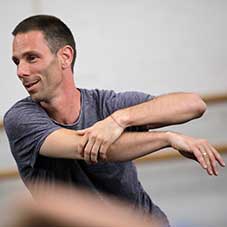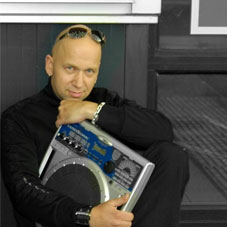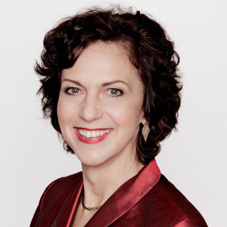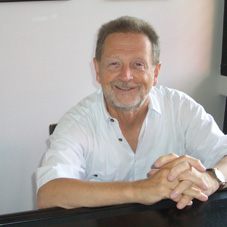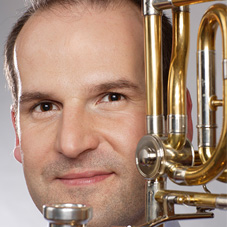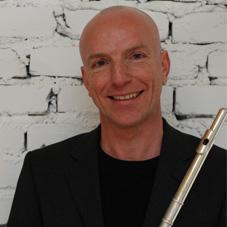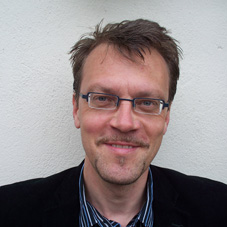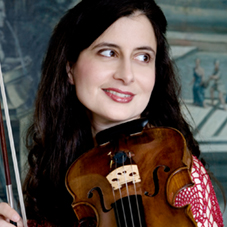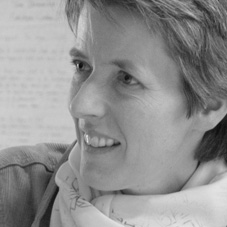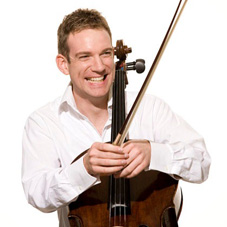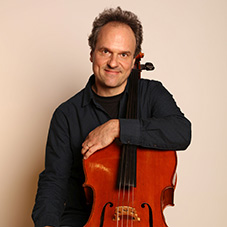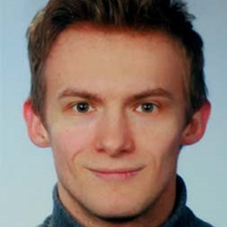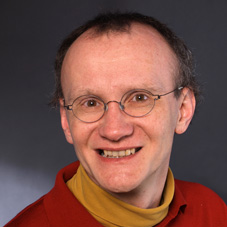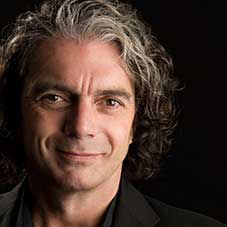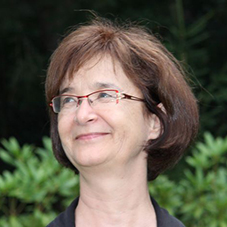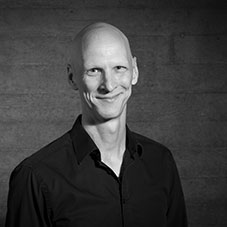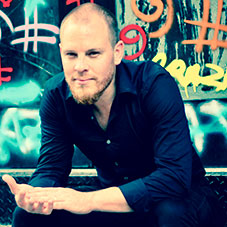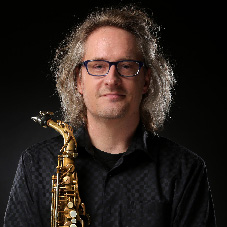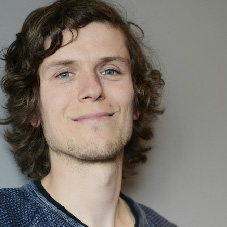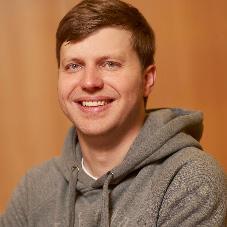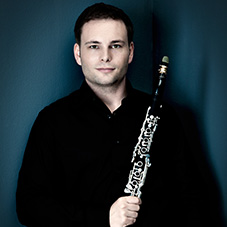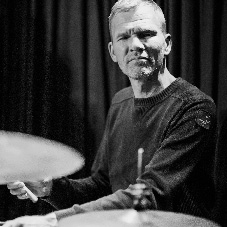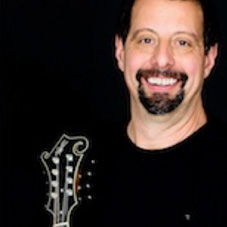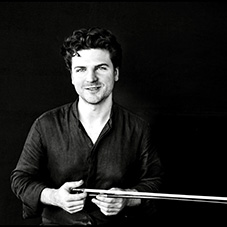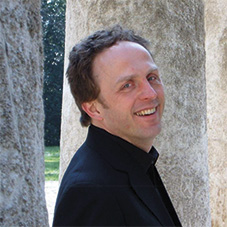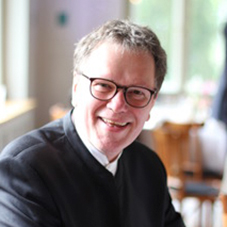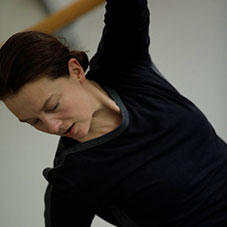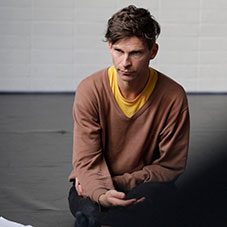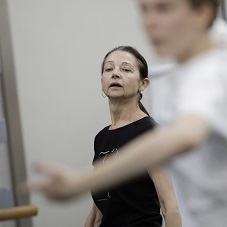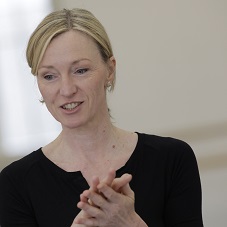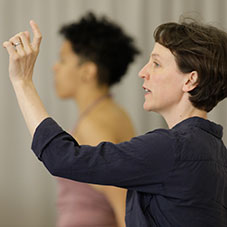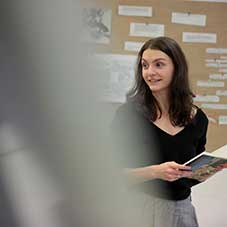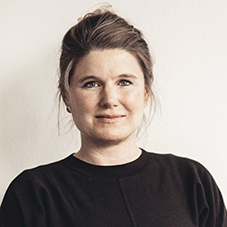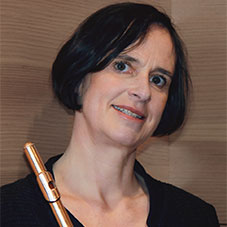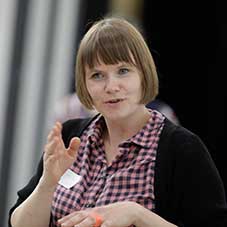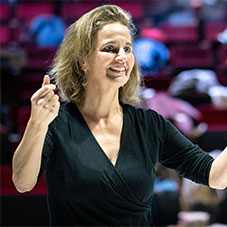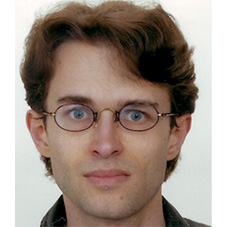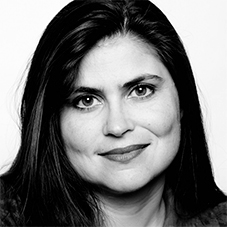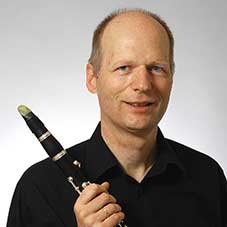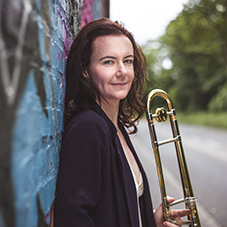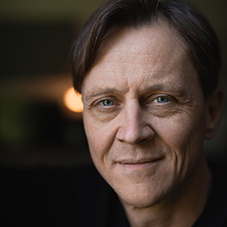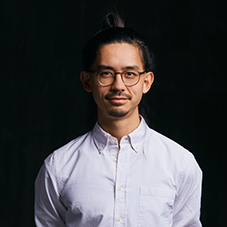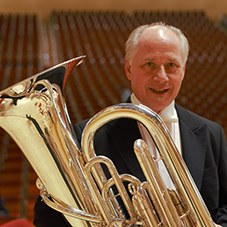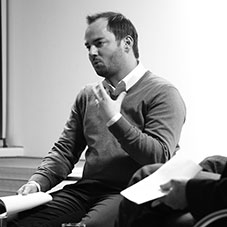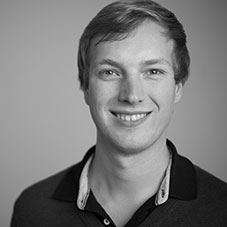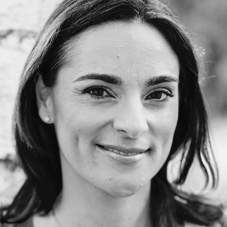###PRINT_PATH###

In addition to the usual requirements for the application, foreign applicants must consider some more important items, before getting started their studies in Germany.
You have to meet the following requirements in order to get a place at the Hochschule für Musik und Tanz Köln:
- Proof of higher education entrance qualification
- Proof of sufficient German language skills
- Passed aptitude test
You will find information on the aptitude test and the application process here. These information are available in German and English.
We will try to answer the most frequent questions hereafter.
You must possess a higher education entrance qualification in order to study at the Hochschule für Musik und Tanz Köln. The higher education entrance qualification is to certificate that you graduated from school and confirms that you are qualified for university access in Germany.
For applicants from EU member states, Liechtenstein, Norway, Iceland or Switzerland: If your graduation certificate qualifies you for university access in your home country, you will also be entitled to study in Germany.
All other foreign applicants have to fulfill different preconditions.
Here, you will find detailed information on the validity of your university entrance qualification:
In case of an outstanding artistic talent, it may be sufficient to prove these competences by a special aptitude test in order to get admission.
EU/EEA member states and Switzerland
You will not need a visa, if you are from an EU, EEA member state or Switzerland. Then, a valid identity card wll be sufficient. After having found an accomodation you shall go to the nearest Resident Registration Office, where you will get your residence permit for the purposes of study (residence permit).
Other states
Regarding a number of states, the visa can be obtained after arrival in Germany. These states are for example the USA, Australia, Canada, New Zealand and others (see also list of states visa requirement).
Regarding all other countries, the visa must be obtained at the respective German diplomatic mission or consular post in your home country before entering Germany.
Remark: Please note that this process can take some time, depending on the consular post in your home country. Therefore, we recommend you to apply for a visa well in advance!
After your arrival in Germany you must apply for a residence permit for the purposes of study at the respective foreigners authority.
You will find addresses of the relevant Bezirksausländerämter ("local immigration authority") as well as information on the necessary documents here.
For detailed information regarding visa you may also see the webpage of the DAAD as well as the Auswärtiges Amt (Federal Foreign Office).
All students in Germany have to assure themselves with either a private or a statutory (public) health insurance. You cannot be enrolled without having a health insurance!
In Germany there are two different types of health insurances: statutory and private.
All students are basically insured with a statutory health insurance up to the age of 30, respectively until the 14th semester. If you decide to assure yourself with a private health insurance, please be aware that you cannot change to a statutory health insurance afterwards.
Students who are older than 30 years, respectively who have studied more than 14 semesters have to assure themselves voluntarily with a statutory or private health insurance on different conditions. Please inform you in detail at your health insurance or the social counselling of the Studierendenwerk.
The main statutory health insurances are as follows:
- AOK
- Techniker Krankenkasse (TK)
- Barmer Ersatzkasse
- Betriebskrankenkassen (BKK)
- Deutsche Angestellten-Krankenkasse (DAK)
You will find an overview of all health insurances here.
Students from EU/EEA member states and Switzerland, who are already insured with a statutory health insurance in their home country, can acknowledge their membership at a German public health insurance. Therefore, you will need the European Health Insurance Card (EHIC) of your insurance in your home country. You can apply for the free EHIC at your health insurance.
Students who are insured with a private health insurance in their home country must submit a confirmation of the insurance at enrolment in Germany. They cannot change to a statutory health insurance. Please inform yourself at your health insurance in your home country.
Students who are not from EU/EEA member states or Switzerland have to be insured compulsory with a German health insurance.
Health insurance for language preparation course
Students who want to attend a language preparation course before their enrolment have to certificate that they are insured with a health insurance.
The following links will provide you with further information:
- Deutsches Studierendenwerk - Infos für internationale Studierende zur Krankenversicherung
- Informationen zur Krankenversicherung vom DAAD
You will also receive free advice at the Sozialberatung des Studierendenwerkes in Cologne. The staff will be happy to help you.
You need to open a bank account in Germany in order to be able to transfer your rent, to pay invoices and withdraw money. Most banks offer accounts for students free of charge,that means you don't have to pay monthly account maintenance charges. When opening a bank account you need your identity card or passport, a registration confirmation of the city council and your university enrolment certificate.
Before you start to study you have to provide the university with proof that you have sufficient financial resources for, initially, at least one year. Proof of financial resources are:
- information on income and assets of parents or
- a formal declaration to the foreigners authority or diplomatic mission that the living expenses will be assumed for the foreign student or
- a security deposit in a blocked account in Germany or
- a bank guarantee with a financial institute within Germany, which has to be renewed yearly, or
- Scholarships of German public funds or scholarships of a funding organisation, recognised in Germany or scholarships from public funds in the student's home country, if the Federal Foreign Office, the Deutsche Akademische Austauschdienst (DAAD) or another German scholarship organisation has recommended the student to the German university.
Whereas, the blocked account is the most frequently used option. It is called blocked account, because the money is freezed, until you have arrived in Germany. At the beginning of each academic year, a deposit of 10.236 Euro (835 Euro per month) has to be made to the blocked account. As soon as you have arrived in Germany, you can withdraw money from this account and cover your current costs. You must verify that each subsequent academic year the total amount will be on the blocked account.
For further information please see the following links:
You must provide the university with proof of sufficient linguistic proficiency in German, in order to be able to study at the Hochschule für Musik und Tanz Köln.
Bachelor of Music
In order to provide evidence of your German proficiency you must have passed either the TestDaF level 3, certificate B2 of Goethe-Institut or certificate B2 of the Common European Framework of Reference for Languages (CEFR) by October 1st, at latest.
In exceptional cases it may be possible to provide the Hochschule with the German language proficiency certificate within the first academic year. You will individually be referred to that possibilty.
Please note: You will automatically be removed from the register, if you cannot provide the university with proof of above mentioned certificate until the end of the second semester!
Master of Music
For the Master of Music degree courses, at the beginning of the study a language certificate must be submitted with level A2 of the Common European Framework of Reference of Languages (GER).
For the Master of Music Orchesterspiel, at the beginning of the study a language certificate must be submitted with level B1 of the Common European Framework of Reference of Languages (GER).
Bachelor of Arts/Master of Arts
Referring the enrolment to the Bachelor of Arts/Master of Arts programme special conditions apply, which you will find in the corresponding application form for admission to studies.
Young students/ Pre-College Cologne
For young students and participants in Pre-College Cologne, proof of at least A1 language proficiency must be submitted prior to the start of studies.
Referring to all degree programmes:
You are not required to provide a language proficiency certificate, if:
- you have a DSH (deutsche Sprachprüfung für den Hochschulzugang),
- you have one of the following degrees of the Goethe-Institut: Goethe-Zertifikat C1, Zentrale Oberstufenprüfung (ZOP), Kleines oder Großes Deutsches Sprachdiplom (levels C2/C2+),
- you have a university degree in German lnguage and literature studies.
Language courses
You can acquire the above mentioned recognised language certificates at different language schools. Here's a list of some of them:
- VHS Köln
- Carl Duisberg
- Sprachpunkt Köln
- Inlingua Köln
- Inlingua Aachen
- Insula Köln
- Goethe Institut
- Sprachenakademie Aachen
- Sprachlehrinstitut (Bergische Universität Wuppertal)
Language Course at the HfMT
More and more frequently, students are obliged to work part-time in order to be able to finance their studies. Working regulations for foreign students are much more complicated as they are for German students.
Students from EU member states, Liechtenstein, Iceland, Norway or Switzerland are virtually on a par with German students and have free access to the German labour market. But you will have to pay certain insurance contributions, if your worktime is more than 20 hours per week, which is equal to German students.
Students from all other countries will have to pay attention to the following items:
- You are only allowed to work 120 half-days or 240 full days per year, as a maximum. You are not allowed to be self-employed or work freelance.
- You will need approval from the Agentur für Arbeit and the Ausländerbehörde, if you intend to work more days per year. But approval will be dependent on the current labour market situation.
Working as a research assistant is excluded from the above mentioned regulations. As a research assistant you can work without time limitation, but you have to inform the foreigners authority, anyway.
You will receive further information at DAAD (Deutscher Akademischer Austauschdienst) or the respective Studierendenwerk.
Contact
Please contact the Study Administration Office for information on the application.
Please contact the mentors of the Student Support Office for any questions on living and studying in Germany.
